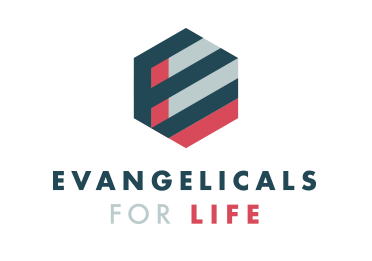By Bob Allen
More than 100 women with careers in the legal profession have filed a brief with the United State Supreme Court claiming without access to safe and legal abortion they wouldn’t be where they are today.
The brief, filed Jan. 4 by 107 women lawyers and six current law students, is among 45 amicus briefs opposing provisions of a Texas law adopted in 2013 requiring abortion facilities to upgrade to hospital-like standards and doctors who perform abortions to have admitting privileges at a local hospital.
More than half of the state’s abortion clinics have shut down since the law went into effect, and pro-choice advocates say unless found unconstitutional it will reduce the number of abortion clinics in Texas to fewer than 10.
 The female lawyers work in a variety of different aspects of the legal profession and come from different regional, religious, racial and socio-economic backgrounds. One thing they have in common is that at some time in their life, for personal or medical reasons, they had an abortion.
The female lawyers work in a variety of different aspects of the legal profession and come from different regional, religious, racial and socio-economic backgrounds. One thing they have in common is that at some time in their life, for personal or medical reasons, they had an abortion.
Recurring themes in the various experiences include women who would not have been able to graduate from high school, college or law school without terminating an unplanned pregnancy; abortion allowed them to delay childbearing until they could be good parents and, especially, “a common recognition of the critical importance to their careers and their lives of safe access to abortion.”
“Research shows that the ability to control reproductive decisions, to engage in family planning and to delay childbirth has a long term impact on women’s career paths, leading to increased earnings and career success,” the brief states.
Without the ability to choose when, how or whether to have children, it says, “Many women lawyers would not have been able to remain in the legal profession or to practice the kind of law they have chosen to practice.”
Some of the women said their abortions allowed them to escape abusive environments, rather than bringing a child into the picture. Some obtained abortions due to the likelihood or certainty of severe birth defects or medical danger posed to themselves, decisions affecting the well-being of entire families.
The brief describes the women as “credits to the legal profession.”
“They are public interest attorneys, lawyers for the government, professors of law, partners at major firms and counsel to corporations and institutions,” the brief argues. “They are the classmates, co-clerks and colleagues of the Justices and clerks of this Court. They firmly believe that they could not have been the attorneys they have been or done the fine work that they have, were it not for their access to reproductive choice.”
The Supreme Court will hear oral arguments in the case of Whole Women’s Health v. Cole March 2. The U.S. Fifth Circuit Court of Appeals upheld the Texas law known as HB2 on June 9, finding it did not violate the 1992 Planned Parenthood v. Casey decision that abortion regulations must not place an “undue burden” on a woman’s right to abortion on demand, established by the landmark Roe v. Wade decision in 1973.
Each January anti-abortion groups mark the anniversary of Roe v. Wade with the March for Life, a peaceful protest held in Washington to draw attention to a reported 57 million abortions performed in the United States since 1973.
This year the Southern Baptist Convention’s Ethics and Religious Liberty Commission and Focus on the Family will co-sponsor a first-time Evangelicals for Life conference in conjunction with the March for Life, scheduled Jan. 21-22 at the Hyatt Regency Washington on Capitol Hill.
ERLC President Russell Moore and Focus on the Family President Jim Daly held a press conference Jan. 6, saying they hope to encourage more evangelicals to participate in the annual event that has historically appealed mostly to Catholics.
“Given the strong pro-life witness of evangelical churches around this country we need to be present here and join arms with our allies on this issue,” Moore said in comments quoted by CBN News. “I don’t want any fewer Roman Catholics at the March for Life, but we need evangelicals to be present there as well.”
